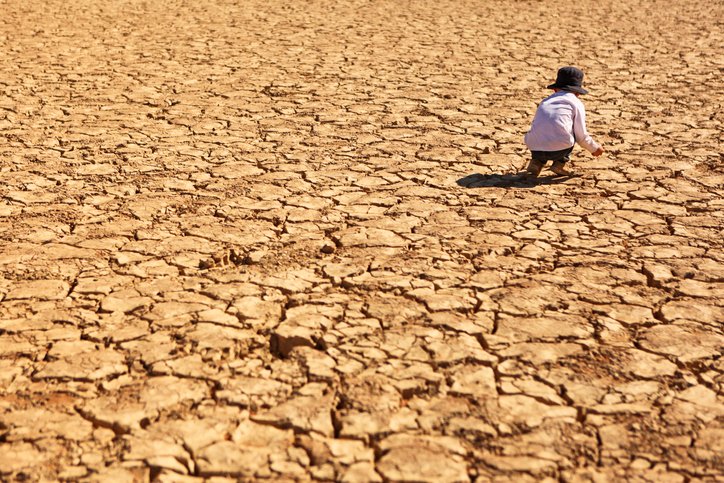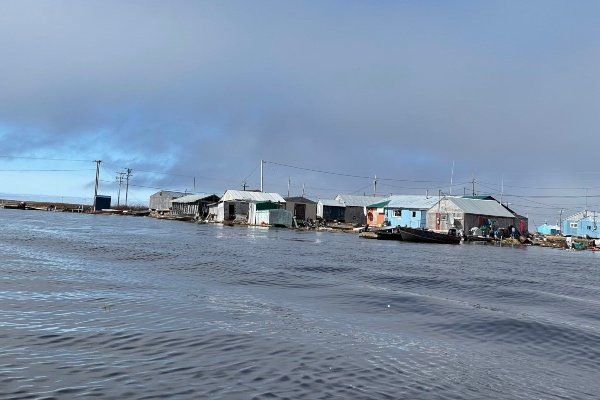August as a whole saw the highest global monthly average sea surface temperatures on record across all months, at 20.98°C. Temperatures exceeded the previous record (March 2016) every single day in August.
Antarctic sea ice extent remained at a record low level for the time of year, with a monthly value 12% below average, by far the largest negative anomaly for August since satellite observations began in the late 1970s.
Arctic sea ice extent was 10% below average, but well above the record minimum of August 2012.
WMO consolidates data from C3S and five other international datasets for its climate monitoring activities and its State of the Climate reports.
A report in May from WMO and the UK’s Met Office predicted that there is a 98% likelihood that at least one of the next five years will be the warmest on record and a 66% chance of temporarily exceeding 1.5°C above the 1850-1900 average for at least one of the five years.
This does not mean that we will permanently exceed the 1.5°C level specified in the Paris Agreement which refers to long-term warming over many years.
‘Climate change is increasing the intensity and frequency of heatwaves, and extreme heat, compounded by wildfires and desert dust, is measurably damaging air quality on a vast scale, and threatening people’s human right to health and to a healthy environment.
‘Climate change and air quality are inextricably linked. The same pollutants that cause climate change harm air quality, endangering human health, damaging ecosystems, lowering agricultural productivity and putting lives at risk on a daily basis.
‘It is especially worrying that the data underlying this report pertains to last year and has yet to take account of the enormous quantities of pollutants generated by record high global temperatures experienced in the last three months, or the particulate matter generated by huge wildfires in Canada and Europe, many of which are still burning.
‘This underscores the need for rapid, effective and participatory climate action, including a fast and fair phase-out of fossil fuels through a just energy transition that fully respects and protects human rights to ensure enjoyment of the rights to life, health, water and sanitation, among others.
‘If we want to avert an even worse climate disaster, the time for meaningful action is now. We cannot rely on unproven carbon capture or removal and storage technologies as these will only discourage the fossil fuel phase-out. Nor are carbon credit markets, which have been shown to be open to manipulation and abuse by fossil fuel polluters resistant to the just transition we need, the answer to this crisis.
‘Countries must act to safeguard public health and human rights. Those with the biggest responsibility for historical emissions must ensure their existing climate finance commitments are met to help protect the rights of the Indigenous peoples and marginalised communities most vulnerable to climate change.’
ANN HARRISON
Amnesty International’s climate advisor
 Play Video about This Rock Might Just Save The World
Play Video about This Rock Might Just Save The World Play Video about Play 2 hours of rock
Play Video about Play 2 hours of rock Play Video about Play 2 hours of brook
Play Video about Play 2 hours of brook Play Video about Play 2 hours of sheep
Play Video about Play 2 hours of sheep















































